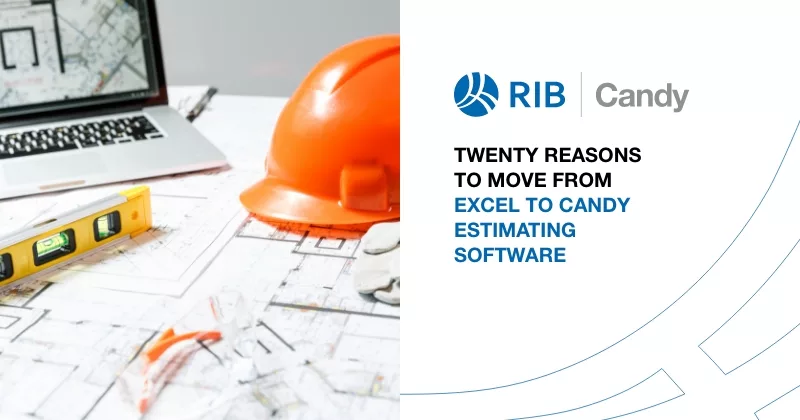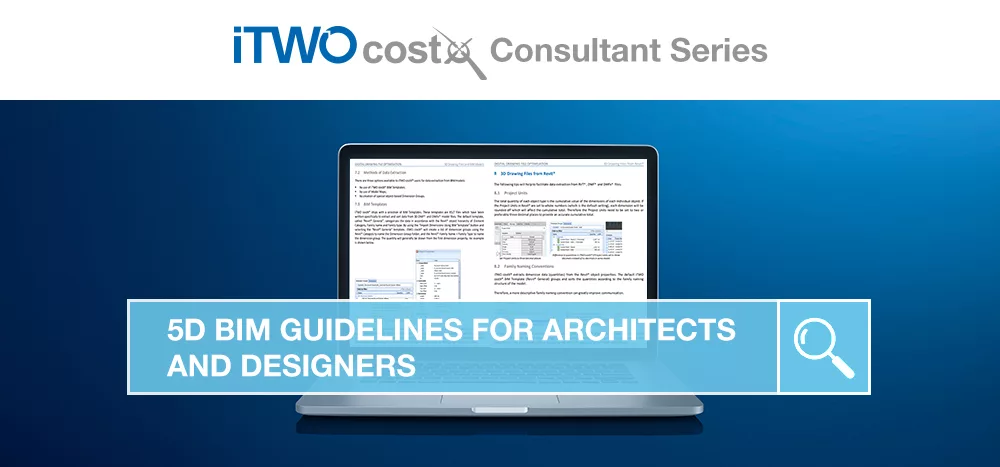49 mins read
Building The Best Way: The 5 Stages Of Construction Planning

Delivering on time and within budget. For construction project managers, these two components not only determine the overall success of a build but also guide the creation of one of the most important documents in the built environment: the construction management plan (CMP). So, what are the five stages of construction planning? Keep reading to find out.
Considered to be a living guide that evolves as a project does; this detailed document contains all the data necessary to execute, monitor and achieve a project manager’s ambitious double objective. It goes without saying, in the absence of a complete CMP your ability to deliver successfully will be severely impacted.
A ROADMAP FOR REACHING YOUR GOAL!
The construction management plan should always be developed using a five-phase approach that covers:
- INITIATION: Identifying the people and resources required based on the budget.
- PREPARATION: Defining specific and measurable objectives to work towards. With milestones in place, project managers can prioritise tasks and allocate time efficiently.This phase should also include a full assessment of potential risks (resource shortages, budget reallocations, scope creep) and the development of suitable contingency plans.
- EXECUTION: Assigning tasks and managers to oversee the project’s progress. With a documented plan in place, key project details and information can be communicated efficiently ensuring everyone is on the same page.
- TRACKING: Gathering data using key performance indicators to ensure milestones are met.
- EVALUATION: Assessing the overall success of the project and using these findings to improve processes for the next build.
While these categories will go a long way to help you roll out an effective construction management plan, the general complexity of the whole process means that it is also advisable to invest in dedicated construction management software.
Armed with a solution like RIB CCS Candy, construction project management becomes infinitely easier, thanks to powerful yet user-friendly tools for informed and effective decision-making.
With integrated estimating and planning software, for example, users can generate project forecasts and cash flow analyses for a detailed understanding of their cash requirements using predetermined inflow and outflow criteria. Project managers can also allocate resources more efficiently and cost-effectively by reviewing available resources using task and accounting cost-code functionality.
CONCLUSION
Your capacity to successfully manage a construction project is directly linked to your ability to plan for it effectively. Using the five-phase approach listed above will put you on the right track but if you want to deliver on time and within budget every time dedicated construction management software is essential.
To learn more about the RIB CCS suite of construction software solutions, speak to us today.
Most Recent
49 mins read
24 mins read
14 mins read
15 mins read

E-BOOK











